It's hardly burnishes my intellectual reputation to admit that Frederick Forsyth's 1971 novel The Day of the Jackal is one of my favourite books of all time. Thrillers (particular thrillers written by writers like Forsyth with appalling antediluvian politics) are rarely treated as 'literary'; they are fine for the beach and their craftsmanship may sometimes be admired, but they possess precious little cultural capital.
Yet The Day of the Jackal remains a thing of perfection. Its plot maybe simple (eponymous assassin attempts to kill Charles de Gaulle, policeman tries to stop him) but that's what gives the book is taut, propulsive drive. It's all details, machinery and description and almost no character and motivation. The Jackal is unknowable to us and his humanity only comes to the surface once, in making the fateful decision that causes him to fail in his mission. If the book asks a question, it is whether a person can become the perfect weapon, stripped of all emotion, pity and care (no, it turns out, but the Jackal comes close).
Fred Zinneman's 1973 film version manages to reproduce the book's relentless simplicity to perfection. Edward Fox is utterly convincing as the assassin and Michael Lonsdale is too as his pursuer. The cinematography, the minor characters, the editing - all work together like a finely tuned machine.
It's easy to see why a film-maker might want to remake The Day of the Jackal. The target can always be updated to the latest 'de Gaulle', the technology of killing never stands still; beneath these details, the plot remains primally attractive and agelessly relevant.
Unfortunately, the two remakes that have been produced are disasters. 1997's The Jackal does at least cast Bruce Willis as a reasonably serviceable assassin, but Richard Gere (playing a convicted terrorist who is the only one to have seen The Jackal and is freed to join Sidney Poitier's detective in hunting him down) became a laughing stock for his horrendous Irish accent. The film itself is bloated with exposition and dialogue and adds little to the original.
The second - much greater - disaster occurred in 2024. This iteration is expanded to a ten part series, starring Eddie Redmayne as the Jackal. Despite lavish production values, a fine actor in the lead role and some beautifully directed scenes, this remake doesn't just misunderstand the brilliance of the source material, it is a case study in the worst pretentions of popular culture. As such, there's a bigger picture here that's worth exploring, whether or not assassin thrillers interest you or not.
While there are a number of reasons why the 2024 series doesn't work, the critical one is quite simple: The Jackal is given a 'complex' character. In the original book and film, the only thing we ever learn about the Jackal is that he appears to like fine living and recreational sex; this leads him to take a modest risk that snowballs into a disastrous one. Beyond that, he is a skilled professional and that's it. We don't even know his real name, his nationality or how he became the Jackal in the first place.
In contrast, Eddie Redmayne's Jackal may be an exceptional killer, but not only does he feel and emote, his entire lifestyle exposes him to jeopardy: He has a wife and child. In the early episodes I hoped that his family was just a cover and he would jettison them without a care in the world. Nope, he appears to love them. And he is even careless enough that his wife discovers his secret lair and, eventually his profession too. We even get a 'one last job' pleading scene.
To be clear, I don't have a problem with witnessing relationships on the screen. Nor do I think the inclusion of women ruins things (and in any case, the Jackal's nemesis is female, as are several other important characters). For what it's worth, Eddie Redmayne works wonders with the material he is given.
My problem is that none of this is what the Jackal is for. There are countless films and TV series that explore the competing pulls of family and work; the tortured, ambivalent killer features in many wonderful works. But if it can be said to have a function, The Day of the Jackal's is to allow us to witness what it would be like to attempt to transform oneself into a weapon. It enables us to explore a world that is all mechanics and logistics, purged of the exigencies of character. Not all books, films or series should be like this, but some definitely should.
This failure to preserve the Jackal as flawed machine is not unique to this disaster. It's a theme that one can trace across popular culture. Actually, you can see it in Frederick Forsyth's later work. The Day of the Jackal was his first novel and makes a virtue of his limitations as a writer. He can't write character or complexity other than with crayons. Yet he seems to want something more. His other novels become progressively more flabby and so do his characters, dialogue and plot. His later works are filled with people with emotion and back stories - of the appalling simplistic and childish kind.
Why do creators want more? Why is it not enough to devote the creative life to explorations of the surface of life?
Some of the explanation might lie in the pull of ego and stardom. The 1995 film version of the comic Judge Dredd stars Sylvester Stallone as the title character. The entire point of the character is that he is a ruthlesslessly impartial judge with no pity, very little emotion and no personality beyond that which we see. His blankness is symbolised by his mask - we never see his unmasked face in the comic. Yet a few minutes into the 1995 and what do you think happens? Stallone takes off the mask as he basically has to - why would such an expensive star even be in the movie otherwise? In the process, the film turns into just another post-apocalyptic action thriller.
Something similar has happened with Mission: Impossible. I am a huge fan of the original 60s and 70s series. The distinctiveness of the series lay in the lack of characterisation and absence of any dialogue that doesn't advance the plot. Each episode, Jim Phelps assembles his Impossible Missions Force for another challenge; the rest of the show sees the Force's genius as work as the tightly-engineered plot plays out. They almost always succeed. And once they do the programme ends. Perfect.
While I concede that the Tom Cruise MI franchise does have its moments, including some of the most memorable set pieces in movies, it is spectacularly unfaithful to the source material. That is emphasised from the very first film, in which Jim Phelps, so stolid and unreadable in the TV series, turns traitor. The new IMF leader, Tom Cruise's Ethan Hunt, is a living reproach to the original version: He emotes, he goes rogue, he takes appalling risks, he has friendships and loves - he is human. And even though the films are still compelling, they are another sign that no one in Hollywood seems to want to hold the line against the intrusion of character.
I guess there may be a historical trend at work here. In the early post-war decades there was a bullish belief in the power of systems and behaviourism. Maybe the original Jackal and MI seems incongruous in today's age of febrile feeling? It's a possibility worth investigating at least.
There are other reasons too for this lack of faith in characterless art. Most importantly, 'depth' remains a potent source of cultural capital. 'Superficiality' is still seen as a negative trait in art, much of the time. Too often, creators seem to be working with a nagging sense that the only future lies in depth. That becomes a particular problem when - as is often the case - artists struggle to reconcile their elitist pretentions with the mass-market nature of the most lucrative forms.
Consider what is hands down the worst scene in the entire James Bond franchise:
This scene, from 1997's Tomorrow Never Dies, exemplifies the self-hating tendency within the franchise. I remember watching the press conference when Pierce Brosnan was announced as the new Bond in the early 90s. He expressed a desire to 'dig in, find out what's behind the man'. The scene with Teri Hatcher shows what happens when you 'dig in' - there is nothing to find other than melodramatic cliché. And then it's all downhill to Quantum of Solace and Daniel Craig's desperate self-hating attempts to channel some kind of darkness within Bond.
Why bother? There are plenty of other dark film projects. And while I agree that the novelistic Bond is indeed a dark character, by now we should accept that this doesn't transfer well to the big screen. Both Brosnan and Craig have starred in interesting, characterful and complex films since Bond. Why could they not treated their stint in the franchise as if it were serving in the army? A few years of Bondian silliness followed by the good stuff. Clearly, the desire to be an artist cannot be contained. Then we end up with Teri Hatcher talking about a deep Bond that simply isn't and should not be there.
There's an apologetic strand in popular culture more generally. I am currently reading and loving Nick Harkaway's novel Karla's Choice, an entry into John Le Carré’s Smiley series (Harkaway is the son of the deceased author). Many of the reviews and articles I have read about this book emphasise that somehow Le Carré was 'more than' a writer of spy fiction. Reading Harkaway's superbly accomplished tribute to his father, it's struck me again and again how well this book, and his father's books too, work as spy fiction without apology. Yes the writing is elegant and the characterisation is complex but there is all the tradecraft and intrigue you could ever need. Why is the latter something one has to apologise for? Why do Le Carré and Harkaway's literary sophistication 'redeem' their spy-fixation?
I see this in music too. 2024 was the anniversary of the posthumous release of 1994's MTV Unplugged in New York. Yes it's a beautiful and extraordinary work and serves as a melancholic elegy for Kurt Cobain. What irks me though is the evident desire of critics to treat the recording as if the absence of distorted guitars 'validates' a band that was just a bit too juvenile in its noisiness. Why do acoustic guitars and brooding introspection necessarily trump stuff like this:
It's common these days to speak of the permeability of the once-solid barrier between 'high' and 'low' culture. Much of the time, that's something to welcome. The problem arises when tokenistic nods to the high are grafted onto the low. We end up with series like The Day of the Jackal that are neither a bold new slant on a much-loved work nor a simple tribute to the original - they are simply nothing. With the relentless pressure to recycle and elongate film and TV indefinitely into the future, the only way forward seems to be to go deeper but, ironically, in a superficial way.
There's a second series of the brave new Jackal in the works. I won't be watching. Give me the honest superficiality of the original any day.





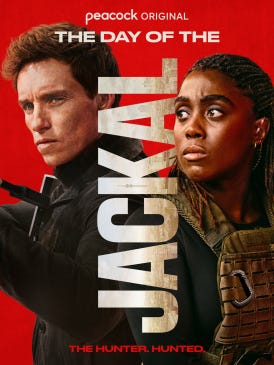
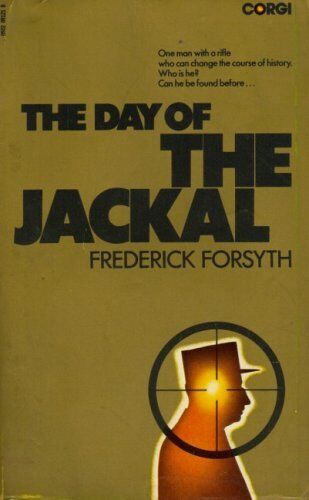
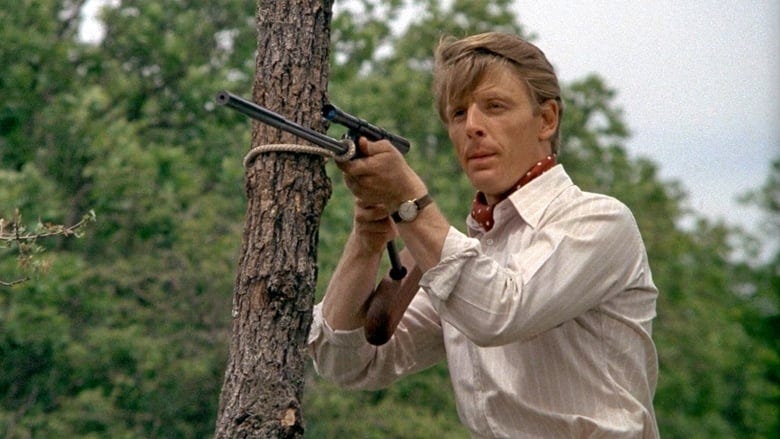
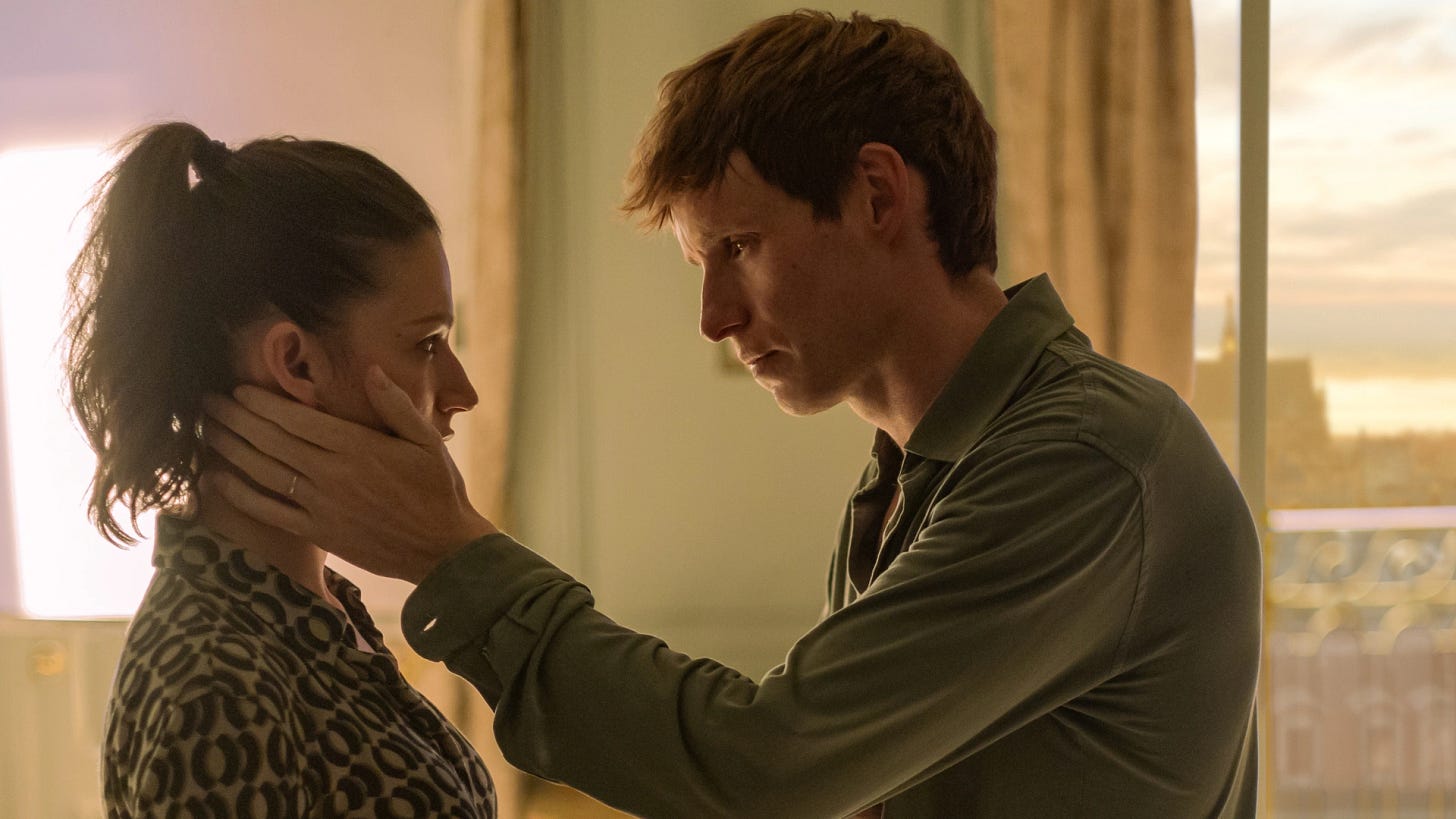
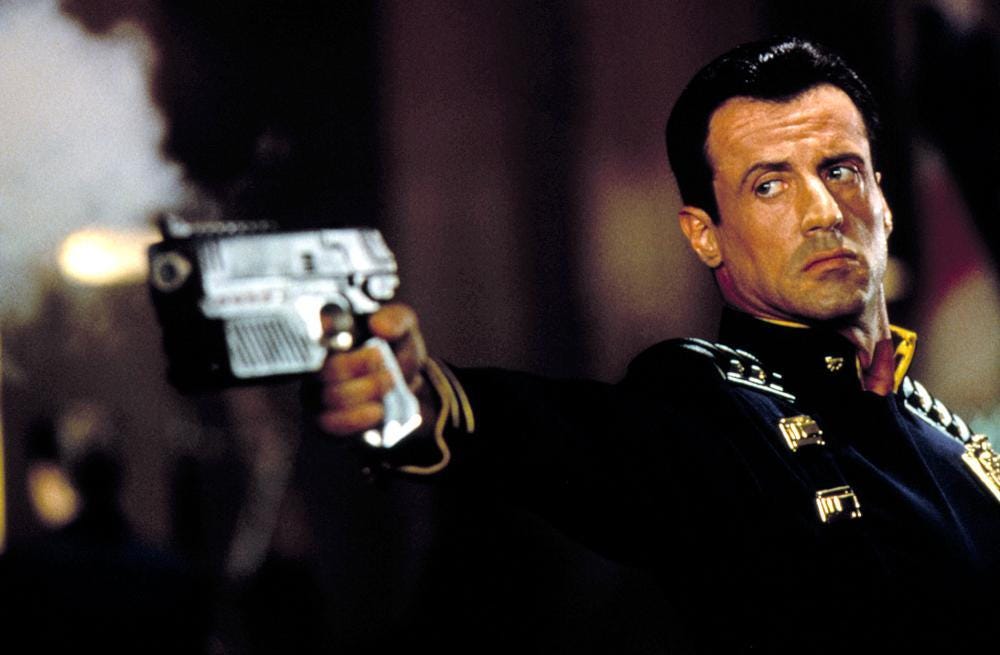
Agreed totally with your assessment of this Jackal remake. The ridiculous wife and family overstepping with curiosity ruin the icy resolute assassin that is the Jackal. She is so annoying that I can't say that I will get to the end of the series. A great disservice to Frederick Forsyths book and the superb performance of Edward Fox in the original which I've seen many times because of huge replay value.
Maybe passionless hitmen were more popular in the 60s - you might also have mentioned Alain Delon in Le Samourai - because men could relate to them and women could desire them without feeling guilty. I guess feminism really did destroy western culture.
Tarantino, of course, was asked to direct a Bond film and said he'd only do it if he could set it in the 60s. He could see that the Bond paradigm - quick-witted womaniser single-handedly takes down evil megalomaniac - doesn't work in the age of spy satellites and the web.